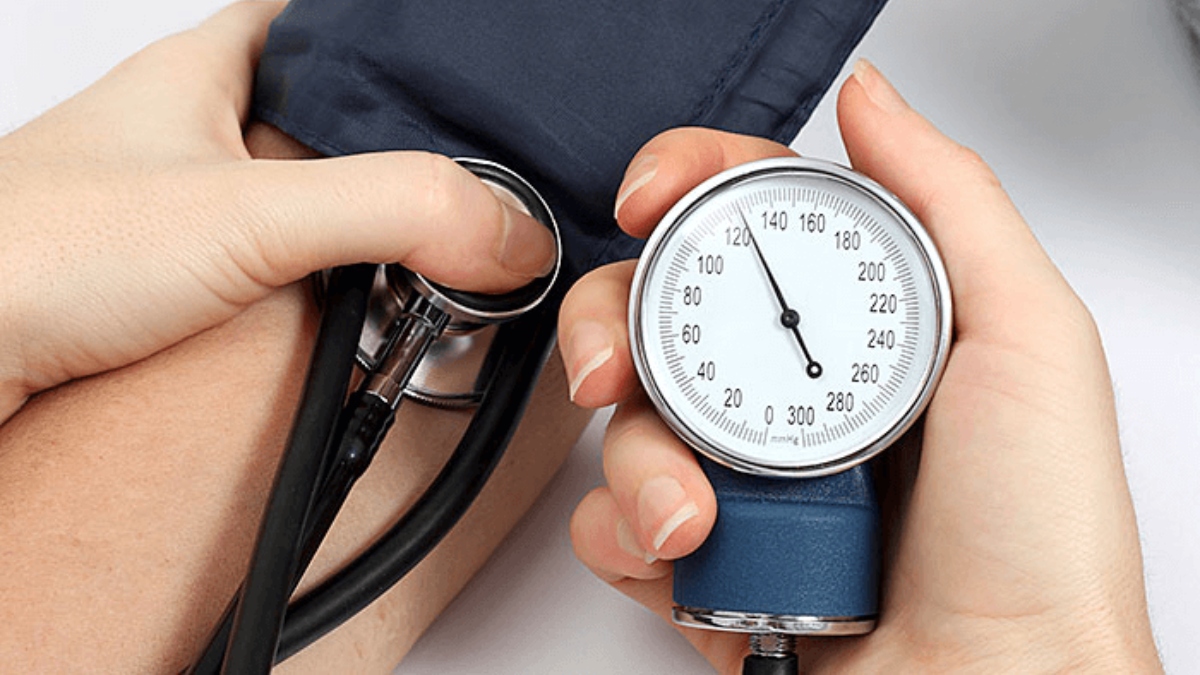Is Frequent Anger a Hidden Warning Sign of High Blood Pressure?

Do you find yourself getting angry more easily than usual? While occasional frustration is a normal part of life, persistent and frequent anger could be more than just a bad mood – it might be a subtle warning sign of high blood pressure, a condition often dubbed the 'silent killer' due to its lack of obvious symptoms.
According to Dr. Parmar, a leading cardiologist, this connection is increasingly recognized. Many individuals in middle age, and even younger adults, are experiencing elevated blood pressure without realizing it. The body often compensates for the increased pressure for a long time, masking the underlying issue until it reaches a critical point. Anger, with its surge of adrenaline and constriction of blood vessels, can exacerbate this condition and potentially trigger noticeable symptoms.
The Link Between Anger and High Blood Pressure
When we get angry, our bodies go into 'fight-or-flight' mode. This physiological response releases hormones like adrenaline and cortisol, which temporarily raise blood pressure. While this is a normal reaction to stress, repeated or chronic anger can keep blood pressure elevated for extended periods, putting significant strain on the cardiovascular system.
“The constant stress and reactivity associated with frequent anger can damage blood vessels over time, making them less elastic and more prone to plaque buildup,” explains Dr. Parmar. “This contributes to the development and progression of high blood pressure, increasing the risk of heart attack, stroke, and other serious health problems.”
Who's at Risk?
While anyone can experience the link between anger and high blood pressure, certain groups are at higher risk:
- Middle-aged adults: This age group is statistically more likely to develop high blood pressure.
- Individuals with a family history of hypertension: Genetics play a significant role.
- People experiencing chronic stress: Work, relationships, and financial difficulties can all contribute to increased anger and stress levels.
- Those with unhealthy lifestyle habits: Poor diet, lack of exercise, and smoking can all increase the risk of both anger and high blood pressure.
What Can You Do?
If you frequently find yourself feeling angry, it's crucial to take proactive steps to protect your health. Here are some recommendations:
- Manage your stress: Practice relaxation techniques like deep breathing, meditation, or yoga.
- Exercise regularly: Physical activity is a great stress reliever and helps lower blood pressure.
- Eat a healthy diet: Focus on fruits, vegetables, whole grains, and lean protein.
- Get enough sleep: Aim for 7-8 hours of quality sleep each night.
- Seek professional help: If you're struggling to manage your anger on your own, consider talking to a therapist or counselor.
- Regularly monitor your blood pressure: Home blood pressure monitoring can help you track your readings and identify any potential issues. Consult your doctor about appropriate monitoring frequency.
Don't Ignore the Warning Signs
Frequent anger shouldn’t be dismissed as simply a personality trait. It could be your body's way of signaling a silent health threat. By understanding the connection between anger and high blood pressure, and taking steps to manage your stress and improve your lifestyle, you can protect your heart health and enjoy a longer, healthier life.
Disclaimer: This article is for informational purposes only and should not be considered medical advice. Always consult with a qualified healthcare professional for any health concerns or before making any decisions related to your health or treatment.




